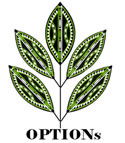Training materials for farmers and knowledge extension
A practical handbook for farmers and experts is produced, giving information on best practices on the use of pesticidal plants. The Handbook on Pesticidal Plants can be dowloaded from here and can also be found on the ICRAF online library.
Anjarwalla P, Belmain S, Sola P, Jamnadass R, Stevenson PC. 2016. Handbook on Pesticidal Plants. World Agroforestry Centre (ICRAF), Nairobi, Kenya
The National Museums of Kenya team at the East Africa Herbarium leaflet on the propagation of Securidaca longepedunculata, one of the target indigenous, slow-growing, recalcitrant species of the OPTIONs project.
Proceedings of a training workshop on Optimisation of Pesticidal plants: Technology Innovation, Outreach & Networks (OPTIONs). The workshop was held at the World Agroforestry Centre, Nairobi, Kenya, 28-30 October 2014. Presentations from this workshop on growing and using pesticidal plants are found below.
Pesticidal plants, an alternative to synthetic chemicals
Sustainable harvesting of pesticidal plants
Status and availability of germplasm of pesticidal plants
Making quality seed collections
Principles of propagation and cultivation of pesticidal plants
Using pesticidal plants for crop protection
Potential for small scale marketing of pesticidal plants
Current status of pyrethrum sector in Kenya
Overview of the organic agriculture sector in Kenya
Fact sheets have been created in collaboration with the World Agroforestry Centre and the Royal Botanic Gardens Kew. More information about these pesticidal species can be found on the Plant Database pages as well through ICRAF's species switchboard
Fact sheet about Aloe ferox
Fact sheet about Chenopodium (syn. Dysphania) ambrosioides
Fact sheet about Euphorbia tirucalli
Fact sheet about Lippia javanica
Fact sheet about Securidaca longepedunculata
Fact sheet about Solanum incanum
Fact sheet about Strychnos spinosa and in Kiswahili
Fact sheet about Tagetes minuta and in Kiswahili
Fact sheet about Tephrosia vogelii and in Kiswahili
Fact sheet about Tithonia diversifolia
Fact sheet about Vernonia amygdalina
Fact sheet about Zanthoxylum holtzianum
Seed collecting techniques by Michael Way and Kate Gold, Seed Conservation Department, Millenium Seed Bank, Royal Botanic Gardens Kew
Guidelines for the Sustainable Harvesting of Traditional Medicinal Plants - but just as relevant for harvesting pesticidal plants
Anjarwalla P., Ofori D.A., Jamnadass R., Mowo J.G. & Stevenson P.C.(2013). Proceedings of a training workshop on sustainable production, harvesting and conservation of botanical pesticides. World Agroforestry Centre (ICRAF), Nairobi, Kenya. 61pp.
Please make sure to have a look at the Plants Database page where information about how to use certain pesticidal plant species can be found
Popular press articles
A training workshop with more than 60 farmers from Western Kenya took place at the National Museums of Kenya over the 25th and 26th May. Training was provided on how to use pesticidal plants, giving farmers practical hands-on experience in making their own extracts. The event was broadcast on Kenyan national news by TV channel KBC as well as in several newspapers.
A new leaflet published by the Alliance for Food Sovereignty in Africa provides practical advice on Using Pesticidal Plants for Pest Management in Africa. And in French.
New leaflet highlighting OPTIONs activities and partners in Kenya: OPTIONs partnership encourages farmers to grow and use natural pesticidal plants, rather than synthetic chemicals for pest control
Article appearing on the ENSIA web magazine, Could traditional plants hold the secret to saving crops from pests? Researchers build on age-old practices to reduce food loss in Africa.
OPTIONs pesticidal tree planting initiative is profiled in a newsletter from Sustainable Global Gardens
An article about the OPTIONs project is published in The Ismaili Magazine: Pesticidal plants to protect crops and grains
CIFOR's Forest News highlights OPTIONs work on understanding policy issues: In fight against African pests, researchers point to natural-born killers
Grow your own pesticidal plants - a blog by ICRAF
The ACP S&T leaflet about OPTIONs
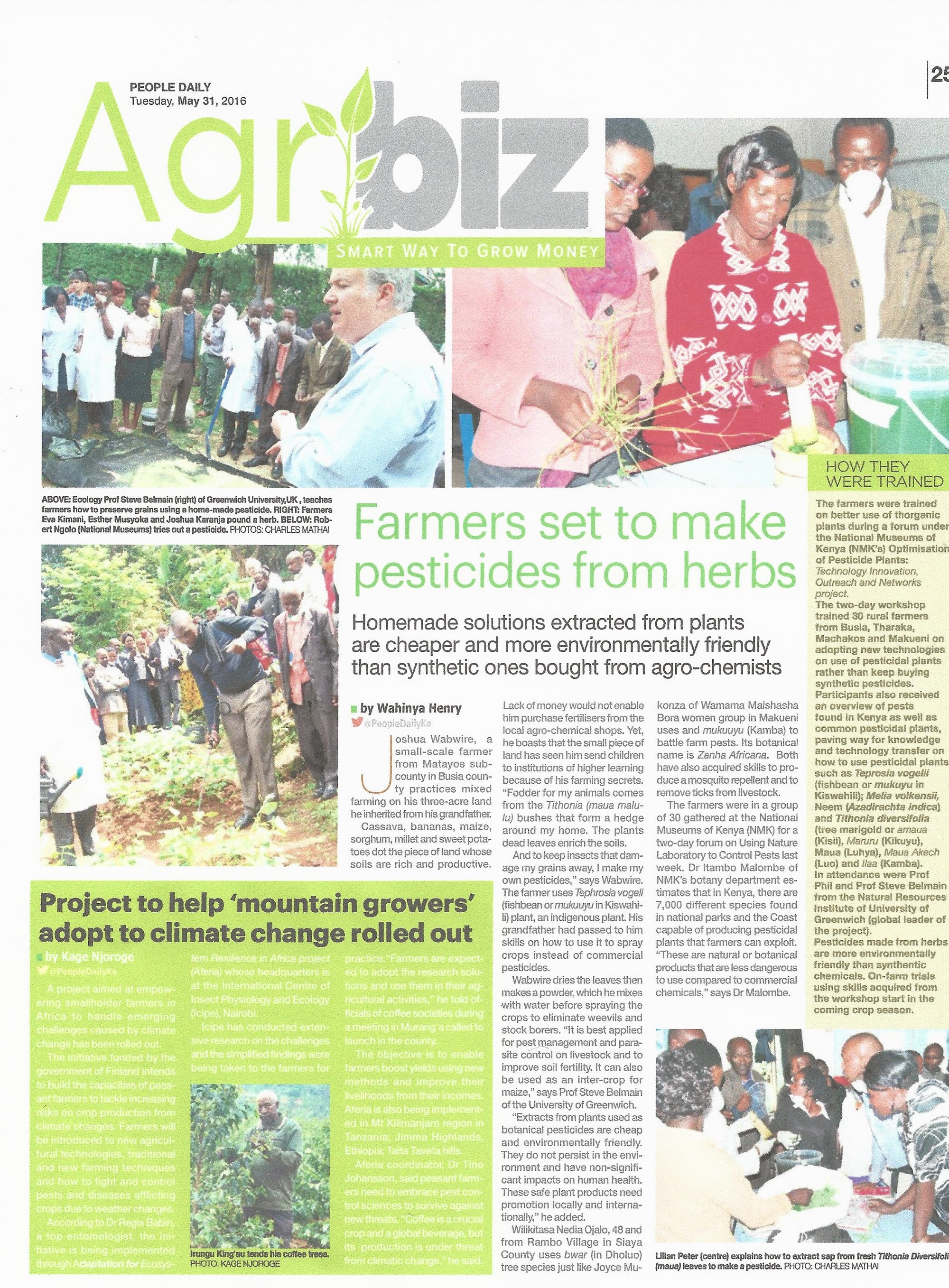



About the conference
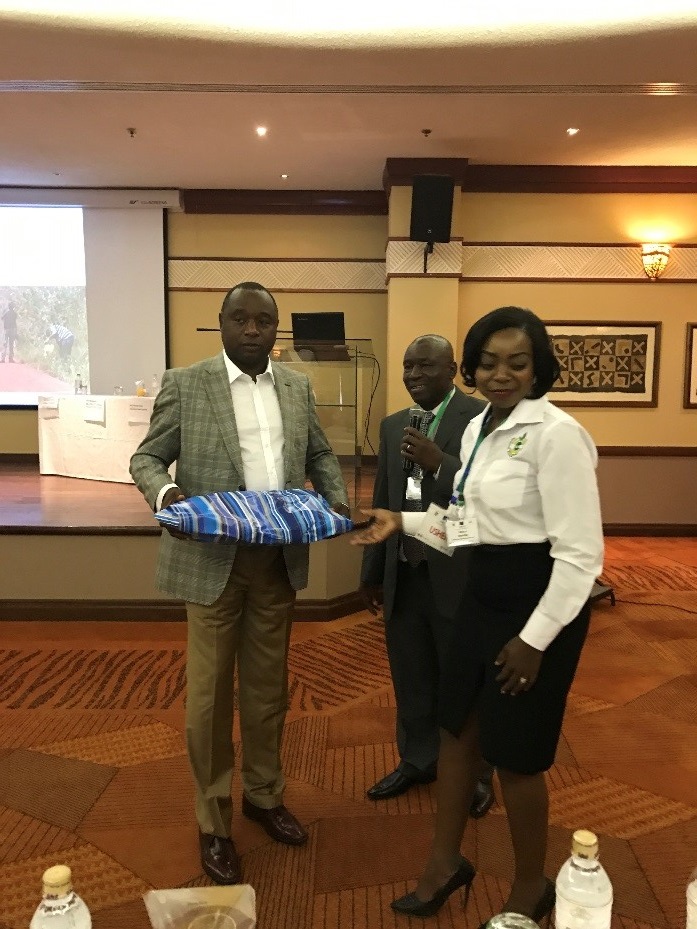

Plenary Speakers were:
- Professor Murray Isman, University of British Columbia, Canada
- Dr Zibusiso Sibanda, FAO subregional office for southern Africa
Professor Philip Stevenson, Royal Botanic Gardens Kew, United Kingdom - Dr Azucena González-Coloma, Spanish National Research Council, Spain
- Professor Steven Belmain, Natural Resources Institute, University of Greenwich, United Kingdom
- Dr Maria Pascual-Villalobos, Murcia Institute of Agri-Food Research and Development (IMIDA), Spain
- Professor Jacobus N Eloff, University of Pretoria, South Africa
- Professor Lameck Chagonda, University of Zimbabwe
- Dr Pierluigi Caboni, University of Cagliari, Italy
- Dr Leandro do Prado Riberio, EPAGRI/Research Centre for Family Agriculture, Brazil
A special issue of Industrial Crops and Products will be accepting manuscripts based on oral, poster papers or plenary talks presented at the Second International Conference on Pesticidal Plants. All participants are welcome to submit to the journal Industrial Crops and Products. However, participation in the conference does not automatically guarantee acceptance of your manuscript. Aspects on pesticidal plants such as: propagation and cultivation; harvesting, extraction and application on site; ecosystem services, African case studies; commercial scope of plant products for small holder farming systems etc. are under represented in the Journal. Please use the Elsevier Electronic System Platform for INDCRO for submissions, once the call for this Special Issue is opened. Deadline for submission is March 31, 2017. A Special Issue will be published with the accepted papers, subject to normal peer review. Instructions for authors and reviewing process will be according Journal guidelines and procedures. https://ees.elsevier.com/indcro Manuscripts should be submitted at: http://ees.elsevier.com/indcro To ensure that all manuscripts are correctly identified for inclusion into the special issue it is important that authors select SI: ICPP2 when they reach the “Article Type” step in the submission process.
More details about the conference can be found in the second circular announcement, the ICPP facebook page and through this website.
ICPP2 builds on the successful outcomes of the 1st ICPP held in January 2013 that was hosted by Egerton University and the International Centre for Insect Physiology and Ecology, Nairobi, Kenya.
We look forward to seeing you all at one of the world's natural wonders in Feburary 2017 to discuss all aspects of research on pesticidal plants.
Conference sponsors and exhibitors
The conference is part of an international project, OPTIONs Optimising Pesticidal Plants: Technology Innovation, Outreach and Networks, which is funded by the European Union’s Africa, Caribbean and Pacific Science and Technology Programme. We welcome sponsorship from organisations involved in pest management, organic agriculture, natural pesticide development, biodiversity conservation and higher & further education. Exhibition space will be available for organisations wishing to exhibit at the conference. Please contact Prof. Mvumi for further information on sponsorship opportunities and exhibition opportunities. Deadline for exhibitor registration is the 30th of November 2016.
Local organising committee
Prof Brighton Mvumi, University of Zimbabwe - Chair
Mr Emmanuel Nyahangare, University of Zimbabwe
Mr Tinashe Nyabako, University of Zimbabwe
Mr K Mashingaidze, Fambidzanai Permaculture
Dr C Gadzirayi, Bindura University of Science Education
Prof M. Gundidza, Harare Institute of Technology
Mr W Chakuzira, Zimbabwe Tourism Authority
Ms F Nyakanda, Zimbabwe Organic Plant Producers Association
Mr E Machetu, Scientific and Industrial Research and Development Centre
Ms L Munyaradzi, Scientific and Industrial Research and Development Centre
Ms C Chapano, National Herbarium and Botanic Garden
Dr E Nyakudya, University of Zimbabwe
Prof L Changonda,University of Zimbabwe
Ms R Matumbu, National Biotechnology Authority
Mr I Chibaya, PhytoTrade
Mr E Mazhawidza, University of Zimbabwe
Mr L Matarirano, World Agroforestry Centre
Prof N Sithole, University of Zimbabwe
Dr J Mufandaedza, National Biotechnology Authority
Scientific steering committee
Prof Phil Stevenson, Natural Resources Institute, University of Greenwich and Royal Botanic Gardens Kew, United Kingdom
Prof Steve Belmain, Natural Resources Institute, University of Greenwich, United Kingdom
Prof Brighton Mvumi, University of Zimbabwe
Dr John Kamanula, Mzuzu University, Malawi
Dr Paul Kusolwa, Sokoine University of Agriculture, Tanzania
Dr Parveen Anjarwalla, World Agroforestry Centre, Kenya
Dr Phosiso Sola, World Agroforestry Centre, Kenya
Mr Paul Keeley, Sustainable Global Gardens, United Kingdom
Dr Patrick Muthoka, National Museums of Kenya
Conference venue
The conference will be held at the Elephant Hills Resort. The venue has excellent conference facilities and is a short distance from Victoria Falls National Park
Travelling to the Conference
Several airlines fly to Victoria Falls International Airport with frequent connecting flights particularly from Johannesburg OR Tambo airport, South Africa.
The conference venue is also easily reached with flights to Harry Mwanga Nkumbula International Airport in Livingstone, Zambia. Frequent flights to Livingstone arrive from Johannesburg, Nairobi and Addis Ababa.
Delegates are resposible for making their own travel bookings. Delegates arriving in to Victoria Falls will be met by the conference organisers and transported to their hotel. However, delegates arriving in to Livingstone will need to make their own way at their own expense across the Zambezi River frontier, paying any additional visa fees required.
Registration
Early bird registration by 31 October 2016
Deadline for abstract submission: 15 November 2016
Notification of abstract acceptance: 30 November 2016
Payment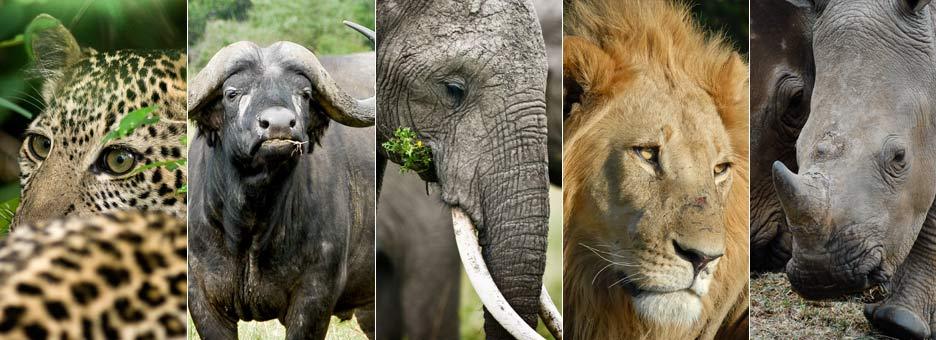
Early bird registration by October 31st 2016
- International partcipant 300 USD
- Zimbabwean participant 200 USD
- International student 75 USD
- Zimbabwean student 50 USD
- Accompanying persons 100 USD
Registration from November 1st 2016
- International partcipant 350 USD
- Zimbabwean participant 250 USD
- International student 100 USD
- Zimbabwean student 75 USD
- Accompanying persons 150 USD
Registration fee includes: Conference entry (6-9 February, 2017), delegate pack and badge, conference bag and book of abstracts, welcome cocktail (February 6th), lunches, teas, gala dinner (February 9th) and transport from/to Victoria Falls international airport.
The half day tour to Victoria Fall on Thursday afternoon (9th Feb) will be additional cost (XXX) payable on arrival.
A post conference tour to Hwange National Park is also going to be organised from Friday to Sunday 10-12 February 2017. Do indicate if you are interested in participating in the tour, and you will be contacted separately.
Payment can be made by bank transfer using the following details:
BARCLAYS BANK OF ZIMBABWE LIMITED
Account name: UNIVERSITY OF ZIMBABWE – SPECIFIC FUNDS EXEMPT
Account Number: 6724055
Branch code: 2157
Swift/BIC Code: BARCZWHX
Bank Physical Address: 2 Premium Close, Mt Pleasant Business Park, Mt Pleasant, Harare, Zimbabwe
In all transactions please quote “ICPP2017”
Kindly email proof of payment to This email address is being protected from spambots. You need JavaScript enabled to view it. cc This email address is being protected from spambots. You need JavaScript enabled to view it.
All conference registration payments must be received by the 31st of December 2016. Non-payment will result in abstracts being withdrawn and not appearing in the abstract book.
Under exceptional circumstances, payment of registration fees can be arranged on arrival. Please email This email address is being protected from spambots. You need JavaScript enabled to view it. to discuss.
Travel grants and sponsorship for some delegates and students will be available through application. Please email This email address is being protected from spambots. You need JavaScript enabled to view it. for more information.
Abstract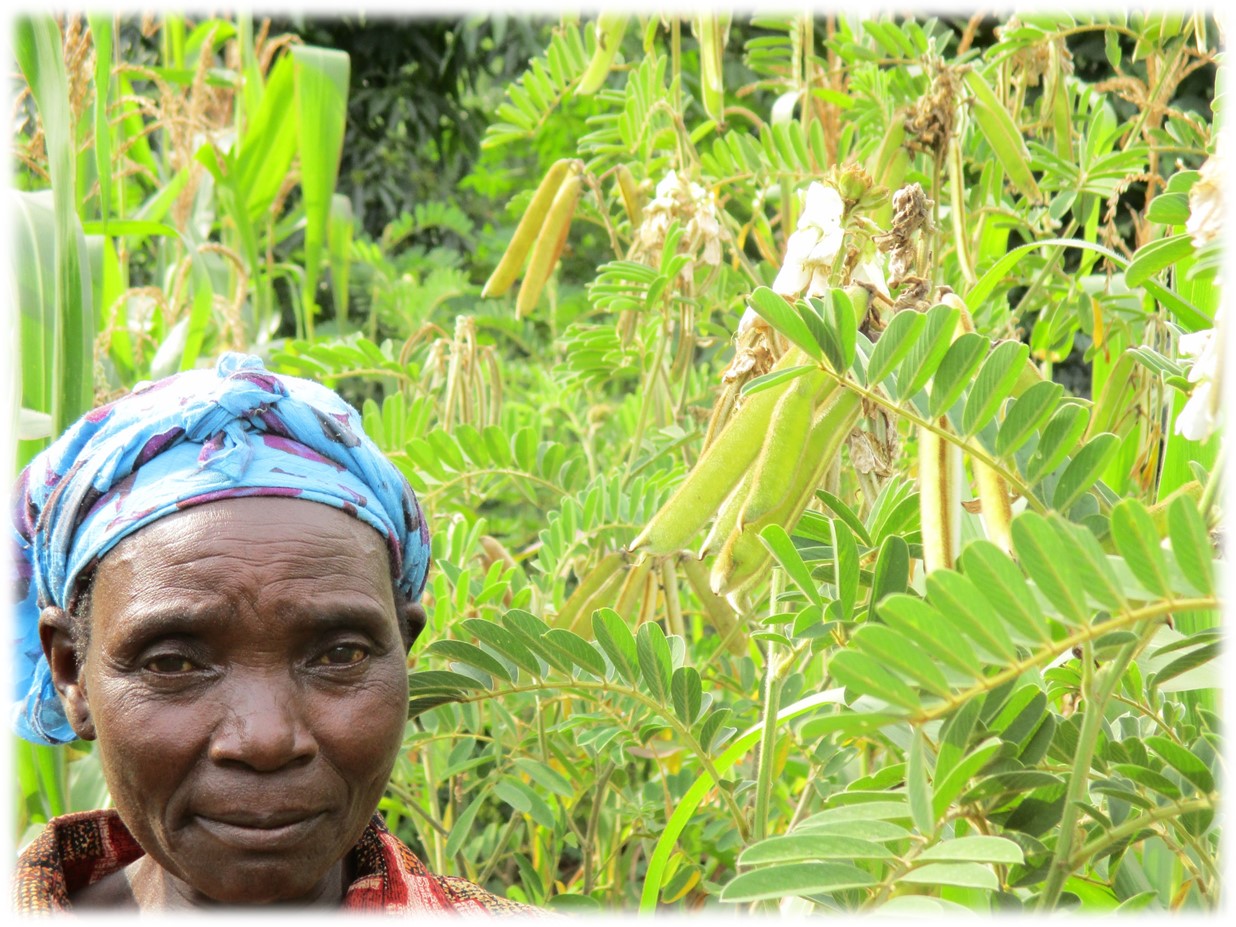
Presenters
There will be usual equipment for making oral presentation, i.e. PC with installed MS Office. You can use PowerPoint for your lecture, if you need any other special software, do not hesitate to contact us.
Posters
Posters should be of maximum size of A0 portrait (841 mm x 1189 mm).
Abstracts
Abstract should involve full title, full names of all authors and co-authors, their affiliations, e-mail address of a corresponding author.
For oral presentations from more than one author please fill in the field "other authors". In case of more than one author of the abstract, please write the name(s) of other author(s) and affiliation(s) separated by semicolon.
Abstract text should be no more than 2,000 characters (including spaces).
Deadline for abstract submission: 15 November 2016
Notification of abstract acceptance: 30 November 2016
Symposia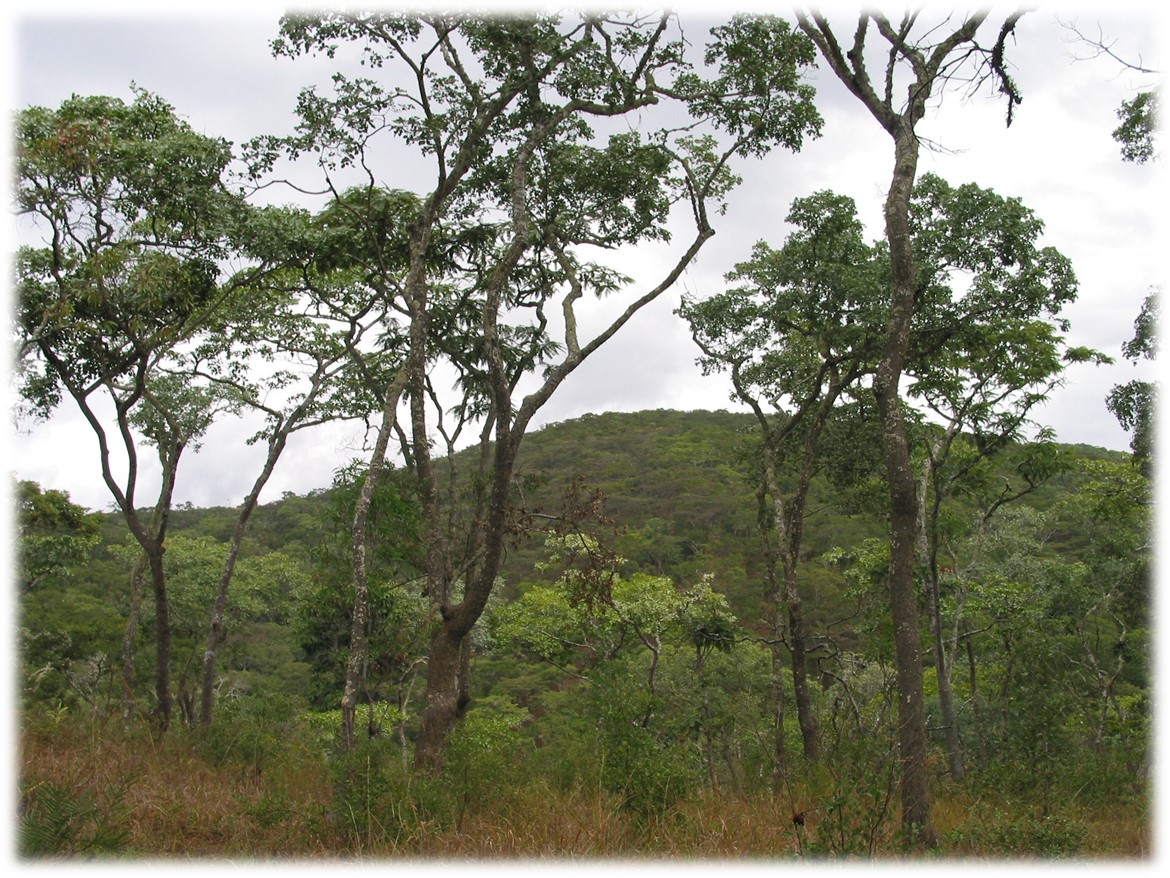
Call for Symposium and Workshop Proposals
Deadline: August 31st 2016
The 2nd International Conference on Pesticidal Plants (ICPP2), will be held in Victoria Falls, Zimbabwe (6-9 February 2017). The Organising Committee is now inviting proposals for Symposia and Workshops for inclusion in the program. Symposia and Workshop titles will be numbered and listed on the Symposia platform and conference participants submitting abstracts will be able to nominate a symposium with which they feel their contribution is compatible. The Local Committe will negotiate with the symposium organiser on the inclusion of presentations from open submission.
Symposium proposals should comprise a title and brief description of the topics which are covered by the symposium (usually not longer than 200 words). We encourage inclusion of a diversity of views and perspectives. Ideally, each symposium will constitute a session of 6-8 time slots. But symposia may include additional sessions if demand through open submission is high. Potential symposium and workshop organisers are required to provide email confirmation from the proposed speakers when submitting their proposal. Workshops should generally focus on methodologies.
Current proposals
- Use of pesticidal plants to manage field crop pests
- Protecting post-harvest grain stores with pesticidal plants
- Soil invertebrate, weed management and bio-fertilizers
- Vectors of human and animal diseases
- Commercialization, biopesticides, policy and value chains
- Propagation, conservation and ecosystem services of pesticidal plants
Programme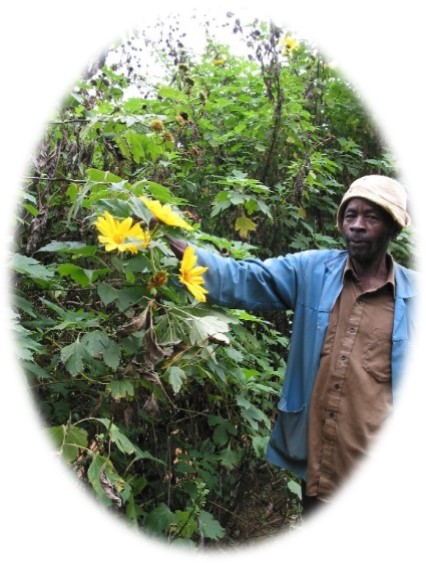
The conference starts on Monday at 9 am and is expected to end on Thursday evening with a gala dinner.
A half day tour to Victoria Falls is planned for Thursday afternoon.
Monday, February 6th
8:00-9:00 registration
9:00-9:30 opening ceremony
9:30-10:30 plenary lecture
10:30-13:00 symposium I
13:00-14:00 lunch
14:00-17:00 symposium II
19:30 welcome cocktail
Tuesday, February 7th
9:00-10:00 plenary lecture
10:00-12:00 symposium III
12:00-13:30 lunch
13:30-15:30 symposium IV
15:30-17:00 poster session
Wednesday, February 8th
9:00-10:00 plenary lecture
10:00-12:00 symposium V
12:00-13:30 lunch
13:30-15:30 symposium VI
15:30-17:00 poster session
Thursday, February 9th
9:00-10:00 plenary lecture
10:00-12:00 symposium VII
12:00 closing session
12:15 lunch
13:30 trip to Victoria Falls (optional)
19:30 gala dinner
Accommodation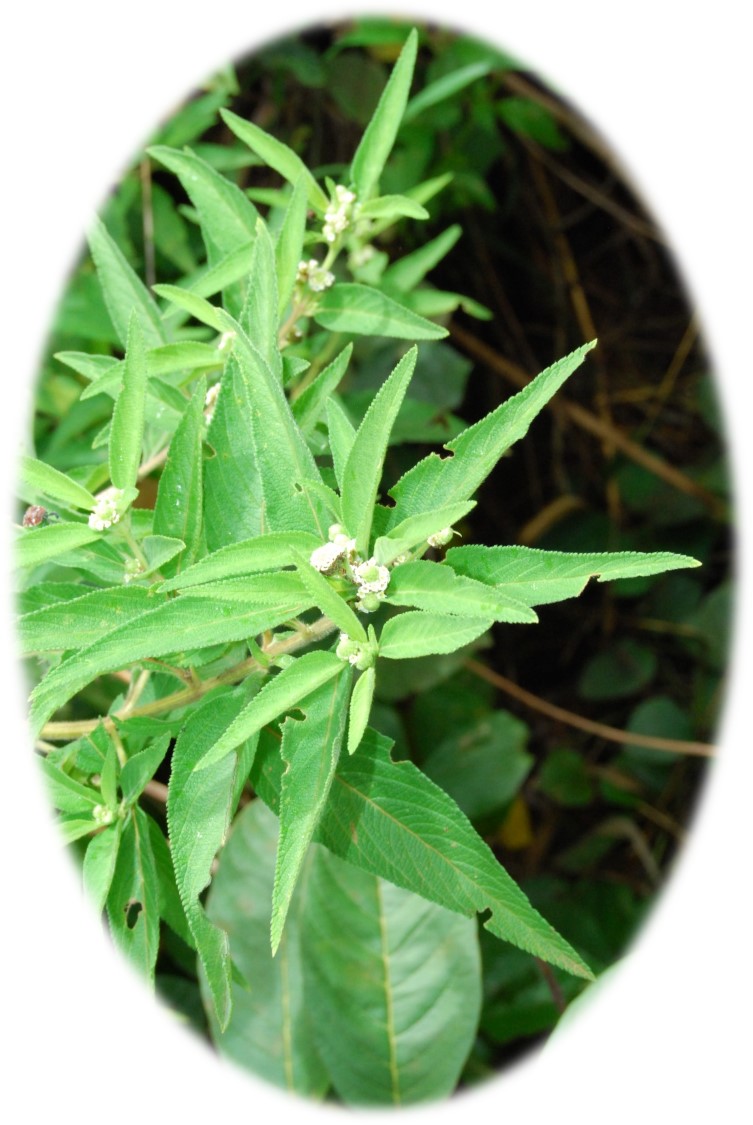
Participants are expected to arrive on Sunday, 5 February 2017 and depart on Friday 10 February 2017.
There are many hotels in Victoria Falls and delegates are obliged to make their own reservations and payment arrangements direct with the hotel of their choice. We expect most delegates will wish to stay at the conference venue, the Elephant Hills Resort, where preferential rates have been secured of $120 per night.
Conference venue:
Elephant Hills Resort (bed and breakfast per night is 120 USD)
To book this hotel, delegates should contact the hotel directly on the following emails:
Sipho – This email address is being protected from spambots. You need JavaScript enabled to view it.
Noma – This email address is being protected from spambots. You need JavaScript enabled to view it.
Eunice – This email address is being protected from spambots. You need JavaScript enabled to view it.
Nokuthaba – This email address is being protected from spambots. You need JavaScript enabled to view it.
Or telephone +263 772 132 160/2 or 013 – 44793 – 9
After booking, delegates can pay by credit card by dowloading and completing this form. Or invoices can be issued with payment via bank transfer.
Elephant Hills Resort Bank details:
ACCOUNT NAME:AFRICAN SUN HOTELS t/a ELEPHANT HILLS HOTELS
BANK:FBC
BRANCH:VICTORIA FALLS
SWIFT CODE : FBCPZWHAXXX
ACCOUNT NUMBER: 3145078610183 (US DOLLAR)
Alternative hotels served by conference transport:
The N1 Hotel & Campsite (59 USD per room per night, breakfast addtional 5 USD)
Delegates staying at other hotels in Victoria Falls or Livingstone will be responsible for their own transport to/from the conference venue each day at their own cost.
Contact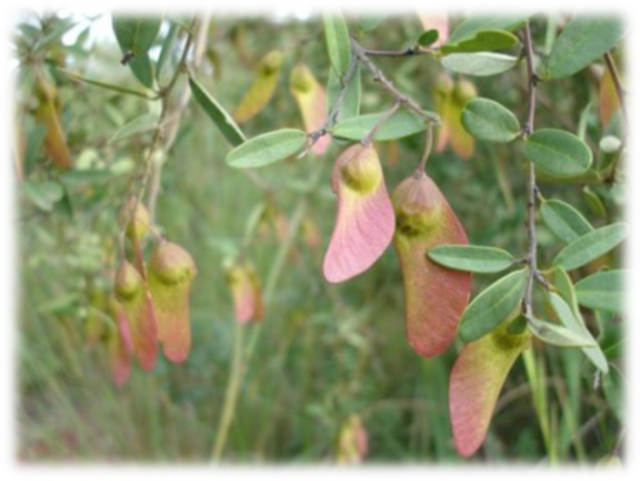
The meeting is hosted by Professor Brighton Mvumi of the University of Zimbabwe. If you would like to be put on the conference email list please contact Professor Mvumi through This email address is being protected from spambots. You need JavaScript enabled to view it.
Professor Brighton Mvumi, Department of Soil Science & Agricultural Engineering, Faculty of Agriculture, University of Zimbabwe, P. O. Box MP 167, Mount Pleasant, Harare, Zimbabwe
This email address is being protected from spambots. You need JavaScript enabled to view it.; This email address is being protected from spambots. You need JavaScript enabled to view it.; Tel: +263 4 303211 ext 15530/15541
